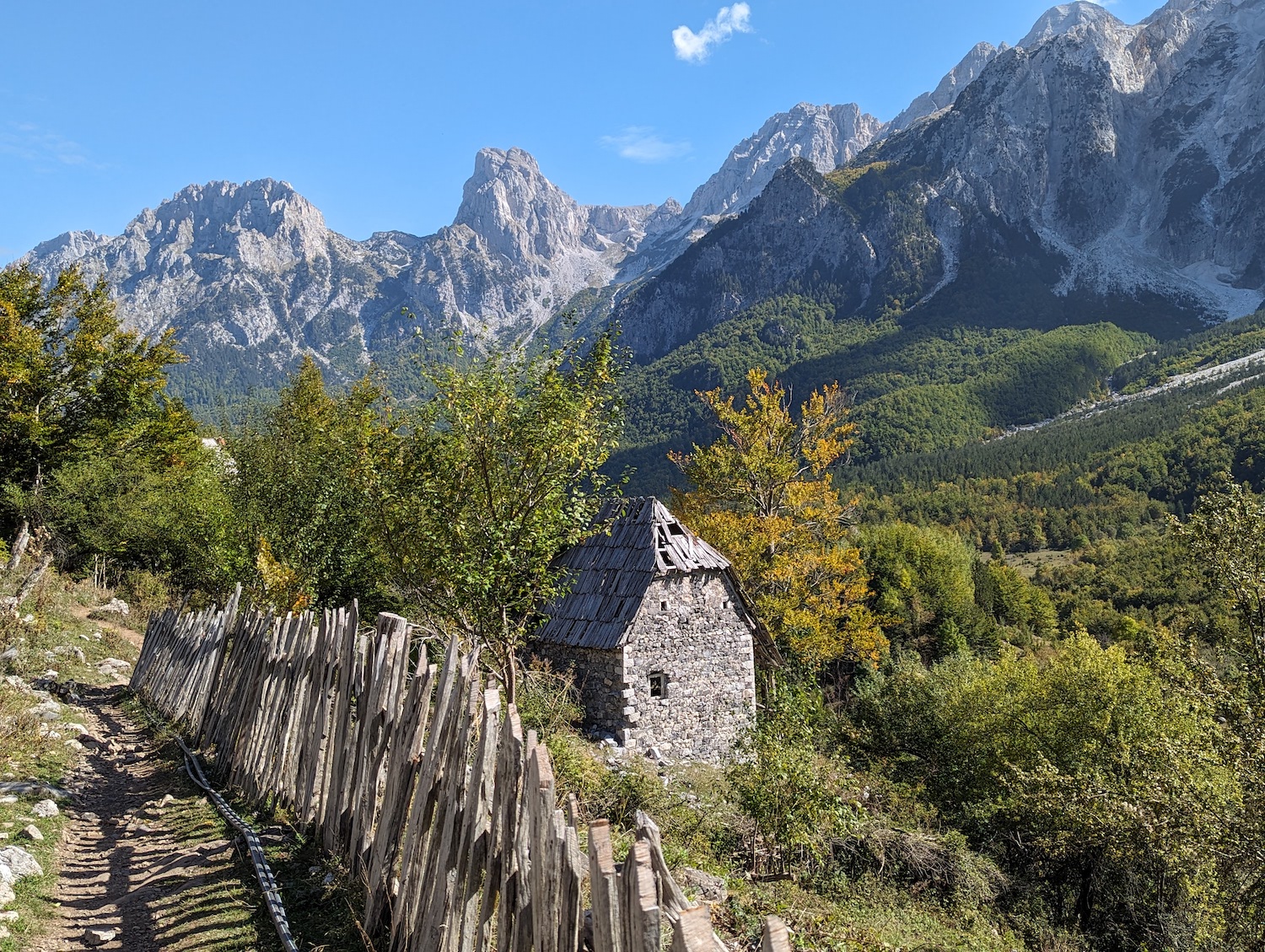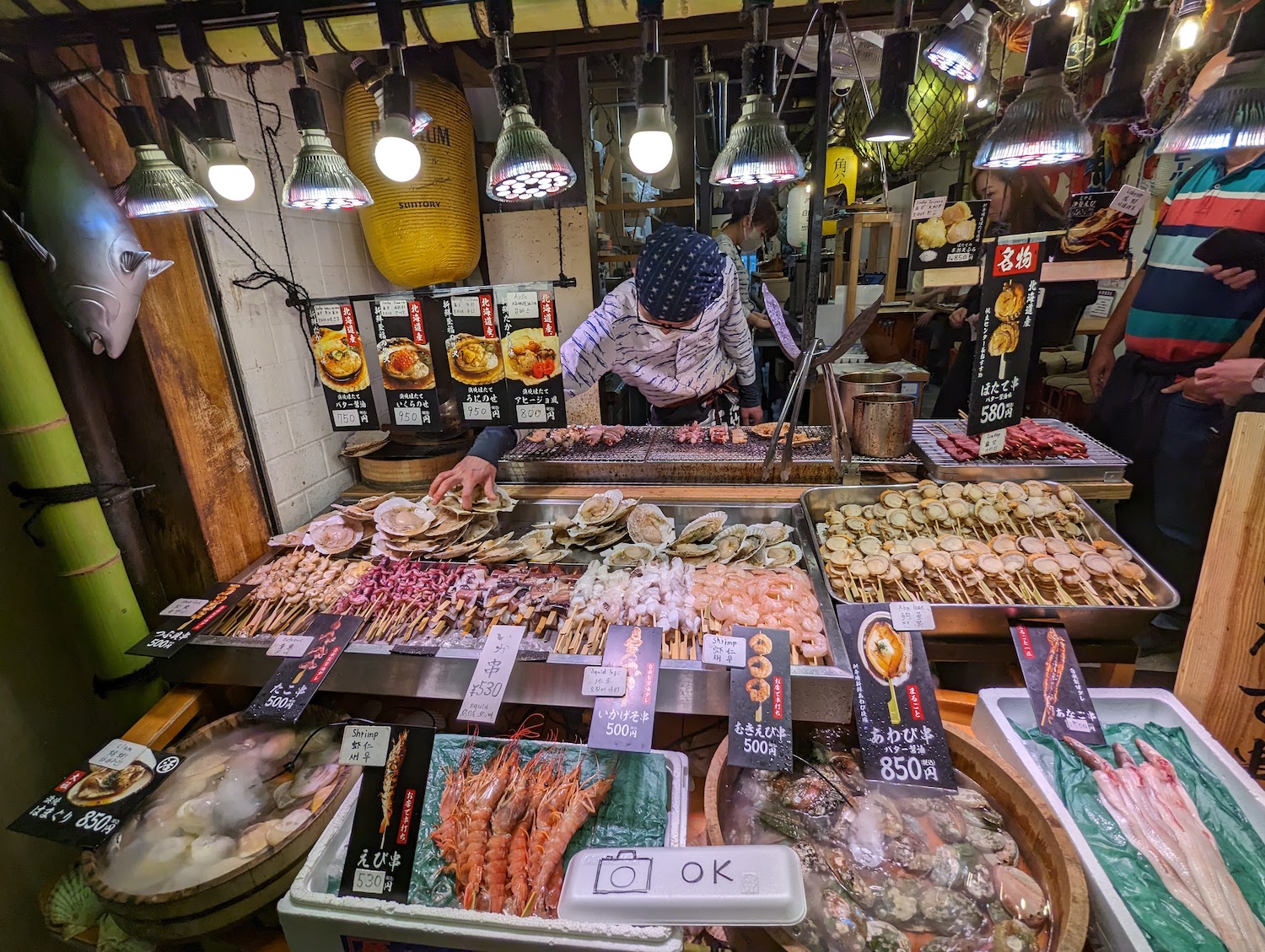In this comprehensive guide, we will provide you with the essential knowledge and practical advice to confidently handle safety and medical emergencies in foreign countries.
Picture this: you find yourself wandering through the labyrinthine streets of a foreign city, immersing yourself in the vibrant local culture and embracing every moment of your adventure. However, unexpected circumstances can sometimes disrupt the serenity. Whether it’s a medical emergency or a safety issue, finding yourself unprepared in an unfamiliar environment can be a frightening experience. That’s why it is so important to understand the context you find yourself in.
Understanding the Local Emergency Services and Authorities
To ensure a swift and effective response in the face of a safety or medical emergency in a foreign country, it is crucial to understand the local emergency services and authorities. Every country (and sometimes region) has their own emergency contact numbers. Take the time to familiarize yourself with these numbers and keep them readily accessible. Whether it’s a medical emergency, safety concern, or a lost passport, knowing whom to contact can greatly impact the outcome during these high-stress situations.
Start by researching the specific emergency numbers for the country you are visiting. In many countries, the emergency hotline can be reached by dialing just three digits, similar to the well-known 911 in the United States. It is important to note that some countries may have different numbers for police, ambulance, and fire services, so be aware of these variations.
If you are embarking on a high-risk adventure, it may be smart to register with your embassy or consulate while abroad. By doing so, in the event of a major emergency or crisis, your embassy can provide vital assistance and grant you access to essential resources.
Golden Hour Travel is here to help!
Preparing a Safety and Medical Emergency Kit
Bringing a safety and medical emergency kit can help reduce anxiety and ensure preparedness. Here are some key items to consider including:
- First Aid Supplies: The specific items to include depend on your destination. If you are traveling to a city with accessible pharmacies, you are sure to find most basic supplies. However, if you are visiting a remote area or a location with limited resources, consider packing bandages, adhesive tape, antiseptic solution, pain relievers, antihistamines, gauze pads, tweezers, scissors, and any necessary prescription medications. Tailor your kit to your specific medical needs and potential risks associated with your destination.
- Personal Documents: Make copies of important documents such as your passport, medical insurance card, and travel insurance policy. Keep one set in your emergency kit and another with your travel documents. This ensures you have accessible copies in case of loss or theft.
- Emergency Contact Information: Include a list of emergency contacts, both local and international, in your kit. This should encompass the contact information for your embassy or consulate, local hospitals, your travel insurance provider, and trusted contacts back home.
- Portable Charger: A fully charged portable charger for your phone can be a lifeline during emergencies. Ensure it is compatible with the outlets in your destination country and keep it charged at all times.
- Supplies: If you are traveling to a remote location, it is wise to include a flashlight, whistle, waterproof matches, and a multi-tool in your emergency kit. These items can prove useful during unexpected situations such as power outages or the need to signal for help.
- Local Currency: While not strictly a medical supply, having some local currency in your emergency kit can be valuable in situations where you need to quickly access local services. Keep a small amount of cash in a secure, hidden compartment of your kit.

Navigating Communication Barriers
Overcoming the language barrier can be a significant challenge when tackling safety and medical emergencies in foreign countries. Here are a few tips to help you navigate through communication barriers and ensure you receive the necessary assistance.
Firstly, it is always beneficial (and respectful) to learn some basic phrases in the local language before your trip. While becoming fluent is not feasible overnight, familiarizing yourself with basic phrases and emergency phrases can make a significant difference. Simple expressions such as “I need help” or “Is there a hospital nearby?” can prove invaluable in emergency situations.
If you find yourself in a situation where language becomes a significant barrier, it is important not to panic. Remember that non-verbal communication is a universal language. Utilize gestures, facial expressions, and body language to convey your message. Pointing to the affected area, demonstrating the motion that caused the injury, or mimicking symptoms can help bridge the communication gap and ensure that your message is understood.
Additionally, technology can be a valuable tool in overcoming language barriers. Consider downloading translation apps or offline language dictionaries before your trip. These resources can assist you in real-time translation and facilitate communication with locals or medical professionals in the event of an emergency.

Medical Emergencies - Seek Immediate Help!
When facing a safety or medical emergency in a foreign country, seeking immediate medical assistance is paramount. Time becomes critical, and acting swiftly can greatly impact the outcome.
First and foremost, call the local emergency services. Remain calm and communicate clearly, even if you feel overwhelmed or panicked. Provide accurate details about the location, the nature of the emergency, and any specific instructions or medical information that responders should be aware of.
While awaiting professional help, focus on providing any immediate first aid or assistance that you are capable of. If you possess training in basic life-saving techniques such as CPR or first aid, apply that knowledge to help stabilize the situation until professional help arrives. However, ONLY attempt these techniques if you are absolutely confident in your abilities and it is safe to do so.
During this critical period, maintain communication with someone you trust, whether it’s a fellow traveler, a local contact, or loved ones back home. Keep them updated on the situation and share any developments, as they can offer support and assistance from their location. They may also be able to help you navigate language barriers or cultural differences that may arise during the emergency.
Ensuring Personal Safety in Unfamiliar Environments
AKA. Being Street-Smart
It is natural to experience feelings of vulnerability and uncertainty when traveling to a foreign country. However, with proper planning and situational awareness, you can enhance your overall security while traveling abroad.
Begin by familiarizing yourself with local customs and cultural norms. Understanding appropriate behavior, dress, and communication styles can help you avoid unintentionally offensive or risky situations. Take the time to research and learn about the customs specific to your destination. This knowledge will enable you to blend in more seamlessly and reduce the likelihood of attracting unwanted attention or falling victim to scams.
Stay informed about potential safety risks or travel advisories in your destination. Before your trip, consult reliable sources such as government websites or reputable travel guides for up-to-date information on security concerns. This awareness will empower you to make informed decisions about where to go and when. This way, you can better avoid potentially dangerous areas or situations.
Maintain a high level of situational awareness. Trust your instincts and be mindful of any suspicious or uncomfortable situations.
Building connections with local contacts or fellow travelers can contribute to your safety in unfamiliar environments. Engaging with the local community can provide valuable insights and support in times of need.

Above all, don't let fear take over!
Navigating safety and medical emergencies in foreign countries requires a practical and proactive approach. By understanding local emergency services, preparing an emergency kit, overcoming communication barriers, seeking immediate medical assistance, and prioritizing personal safety, you can confidently handle unexpected situations.
Do not let the fear of the unknown hinder your exploration of the world. Instead, arm yourself with the knowledge and tips provided in this guide. Remember, your ability to handle emergencies transcends borders. Embrace the adventure, equipped with the tools to ensure your safety and well-being. As Mark Twain once said, “Twenty years from now, you will be more disappointed by the things you didn’t do than by the ones you did do.” So venture forth, explore, and create unforgettable memories while staying safe and prepared.
3 APPS YOU NEED FOR TRAVEL BUDGETING
Disclaimer: Some of the links in this post are affiliate links.



